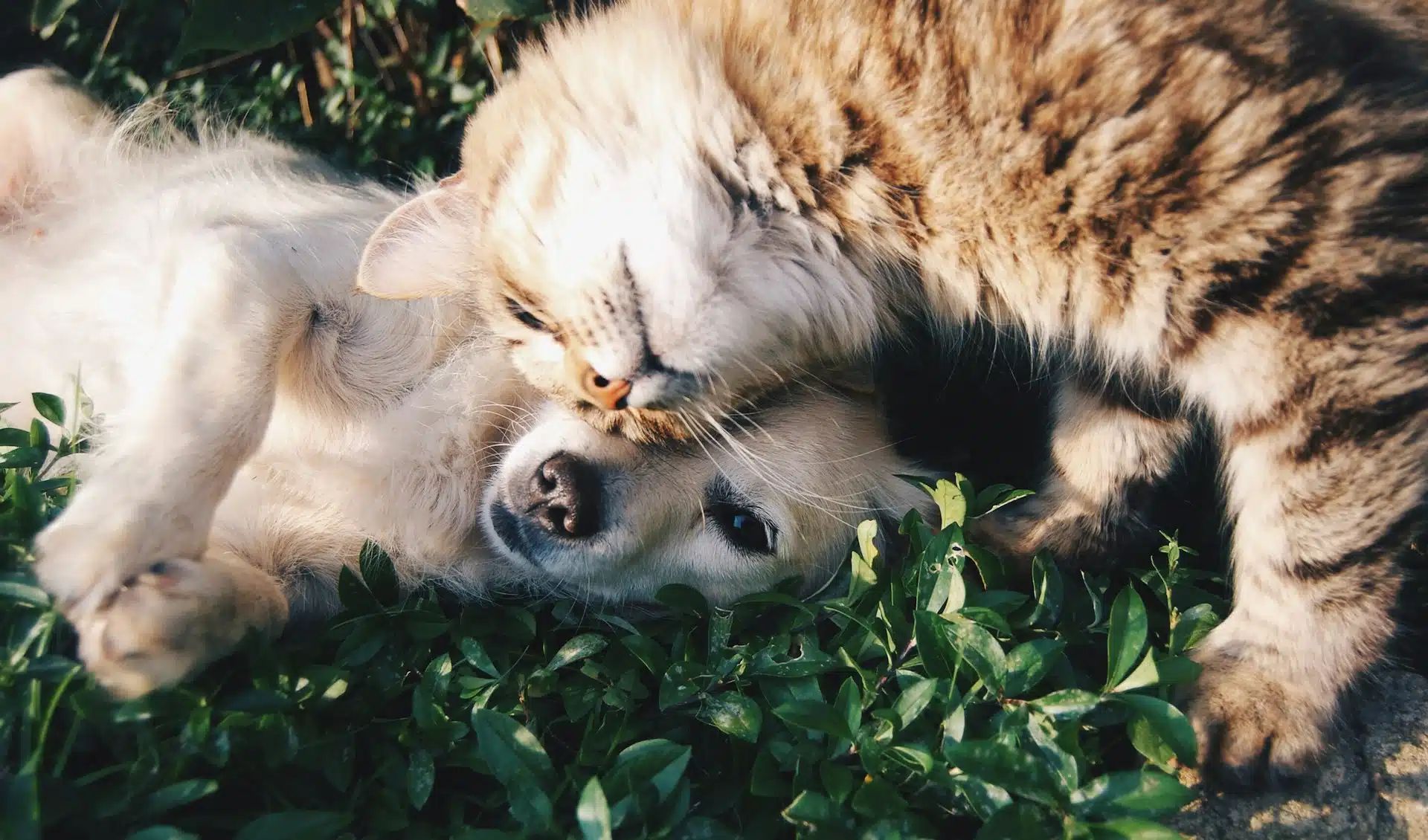Enhancing Emotional Health through Pet Ownership
Introducing a pet into a family can be a transformative experience for children. The presence of pets, be it a dog, cat, or other companion animals, can have profound effects on a child’s emotional health. The nurturing relationship between children and pets fosters emotional security and teaches empathy.
Children with pets often display heightened levels of self-esteem. By caring for an animal, they learn responsibility and feel a sense of accomplishment. A study published in the Journal of Personality and Social Psychology suggests that pet owners have higher self-esteem compared to non-owners. For children, this boost in self-worth comes from the unconditional love and acceptance a pet provides, which can be particularly impactful during the formative years.
A découvrir également : What are the best ways to reduce stress in aquarium fish?
Pet ownership also offers comfort and reduces feelings of loneliness. Children sometimes turn to their pets for solace and unbiased companionship. Through this bond, they find a secure space to express themselves without fear of judgment or rejection. Moreover, a pet can act as a social catalyst, helping shy or introverted children engage with peers over a common interest.
The emotional development of young children can be significantly influenced by the presence of pets. Through the routine of pet care and the shared experiences, children learn about trust, compassion, and nurturing—all vital components of emotional intelligence.
Cela peut vous intéresser : Bird training basics: teaching your parrot to talk
The Impact of Pets on Social Development
Pets also play a crucial role in the social development of children. The social skills learned through interaction with animals extend beyond the home and into the broader community. Owning a pet can offer numerous opportunities for social interaction and the development of social competences.
For instance, walking a dog provides a platform for meeting neighbors and engaging in conversations, thereby enhancing a child’s social network. Additionally, pet-oriented activities, such as dog training classes or visits to the park, allow children to interact with others who share their interests.
Another aspect of social development influenced by pets is the enhancement of empathetic behaviors. When children care for pets, they learn to recognize and respond to the needs of others, transferring this sensitivity to human relationships. This kind of empathetic growth can lead to more nurturing and cooperative behaviors amongst peers, as well as a greater tolerance for diversity.
Furthermore, pets can help children develop better communication skills. As they talk to their pets, children practice conveying their thoughts and emotions, which can bolster their verbal skills and confidence in speaking with others.
Cognitive Development and Educational Benefits
Pets have a measurable impact on the cognitive development of children. Engaging with animals can stimulate curiosity and motivate children to learn. Reading about animals, calculating food portions, or even researching pet care, all contribute to a child’s intellectual growth.
For young children, especially, pets can serve as living tools for learning. Observing and caring for an animal can spark questions and exploration, encouraging a hands-on approach to acquiring knowledge. Additionally, having the responsibility of pet care can enhance a child’s concentration and attention to detail.
Studies have shown that children who grow up with pets tend to have higher IQ scores, partly because the responsibilities and experiences associated with pet ownership stimulate cognitive functioning. In the context of education, pets can also be used to support learning in the classroom, providing real-world contexts to abstract concepts.
The educational benefits extend into the realm of literacy as well. Reading to pets has emerged as an effective way to improve reading skills for children. Pets are patient listeners and do not judge, making them perfect audience members for young readers building their confidence and fluency.
Physical Activity and Health Benefits
The role of pets, and particularly dogs, in promoting physical activity cannot be overlooked. Children with dogs are more likely to be active, spending time outdoors walking, running, and playing with their canine companions. This increased level of physical activity has been linked to lower rates of childhood obesity and improved overall health.
Regular physical activity is essential for the healthy development of children, contributing to stronger bones and muscles, better sleep, and a reduced risk of chronic diseases. By owning a dog, children are naturally encouraged to be more physically active, which can instill healthy habits that last a lifetime.
Moreover, studies have suggested that exposure to pets in early childhood can strengthen the immune system. Children who grow up around animals tend to develop stronger resistance to allergies and asthma. This exposure to various natural elements brought in by pets can help build a more robust immune response.
Besides the physical health benefits, outdoor activities with pets also provide children with the chance to connect with nature and the environment, fostering a sense of appreciation and responsibility for the world around them.
Conclusion: The Lifelong Impact of Pets on Child Development
The companionship offered by pets contributes substantially to the development of children on multiple levels. Establishing a nurturing bond with an animal can enhance a child’s emotional health, providing a boost to their self-esteem and offering them a source of consistent, nonjudgmental support. Socially, pets can help children develop valuable skills such as empathy, communication, and cooperation, which will benefit them throughout their lives.
Cognitively, pets act as catalysts for learning, stimulating curiosity and aiding in educational activities, while also offering a fun and engaging way to improve literacy skills. The physical health benefits of pet ownership are equally significant, encouraging a more active lifestyle and potentially leading to a reduction in common childhood health issues.
Pet ownership is more than just a passing phase in a child’s life; it has the potential to shape their personality, health, and outlook on life in enduring ways. The role of pets in child development is indeed an enriching one, and for families considering adding a pet to their lives, the potential benefits for their children can make it a worthwhile consideration. Remember, the positive impact pets can have on children is an investment in their future well-being.






